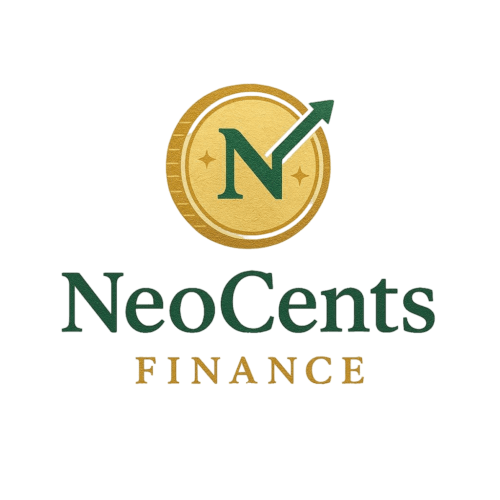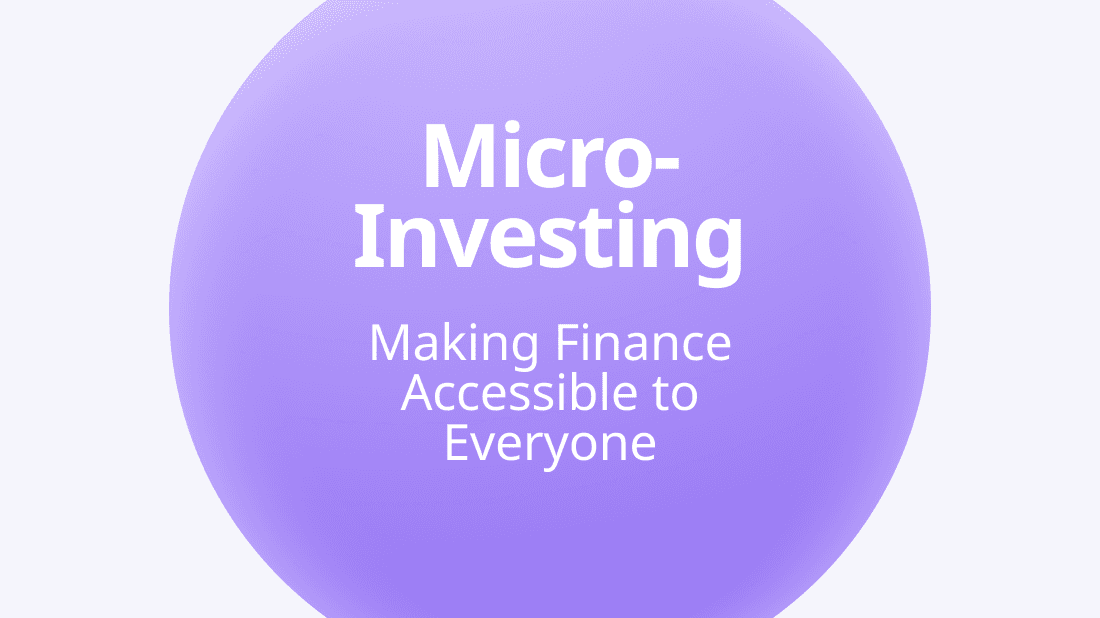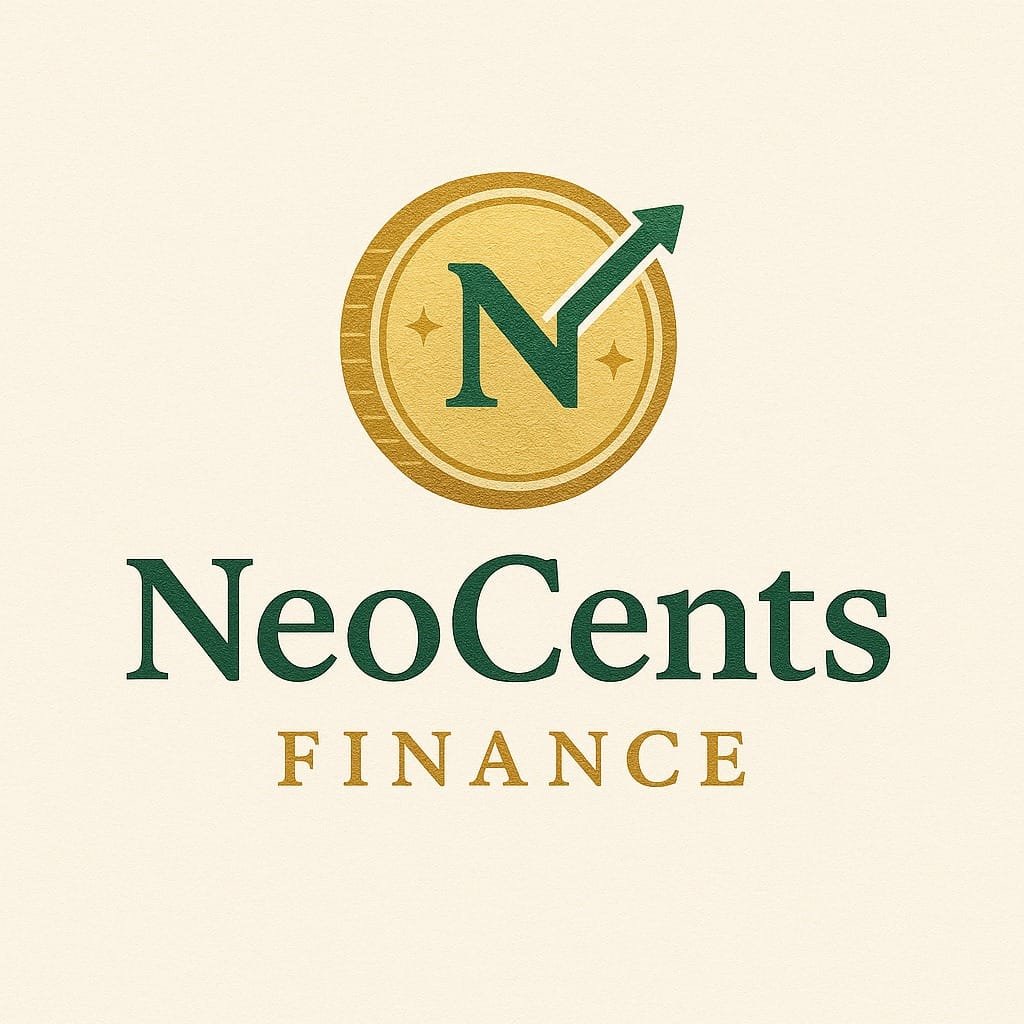The Code That Will Eat Fintech
If you’re in fintech in 2025 and not thinking about smart contracts, you’re behind. Period.
Smart contracts – self-executing agreements powered by blockchain are no longer niche. They’re already embedded in lending platforms, digital insurance, decentralized finance (DeFi), and even some legacy banking systems. Think of them as “financial rails” that are faster, cheaper, and immune to human error (mostly).
But where is all this going?
In this deep dive, we’ll explore how smart contracts are shaping the future of fintech, beyond the hype. We’ll look at real-world use cases, market insights, compliance hurdles, monetization strategies, and how forward-thinking fintechs can position themselves for what’s next.
What Are Smart Contracts (and Why Should Fintech Care)?
At their core, smart contracts are just bits of code deployed on a blockchain that run when predefined conditions are met. No middlemen. No delays. Just logic.
Smart Contracts in Plain English:
“If A happens, then do B. But don’t wait for a human to click a button, just do it automatically on-chain.”
Why Fintechs Love Them:
- Automation: Eliminate back-office operations
- Transparency: Everyone sees the rules and the execution
- Cost Reduction: No intermediaries = lower fees
- Trustless Execution: No one can manipulate terms mid-contract
Key Blockchain Platforms Powering Smart Contracts in 2025:
- Ethereum (ETH) – still dominant, now with rollups
- Solana (SOL) – super fast, cheap, but less decentralized
- Polygon (MATIC) – scaling Ethereum with lower gas fees
- Hyperledger Fabric – permissioned for enterprise-grade fintech
Use Case: In Nigeria, insurance tech startup Curacel is exploring smart contracts for automatic claim validation, reducing fraud and payout delays.
Current Applications in Fintech
1. Payments & Settlements
- Smart contracts allow real-time settlement across borders
- No need for clearing houses or reconciliation
- Works 24/7 (unlike banks)
Example: RippleNet uses smart contract logic in conjunction with on-chain tokens like XRP to enable same-day global settlements for banks.
2. Lending & Credit Scoring
- Loans issued and repaid via smart contracts
- Collateral managed automatically (e.g., crypto-based lending)
- Interest rates based on wallet behavior or on-chain activity
Case Study: Aave and Compound allow users to borrow assets using crypto collateral. Their smart contracts manage liquidations and repayments without any human input.
3. Tokenized Assets & Synthetics
- Issue fractional real estate, bonds, or commodities
- Enforce compliance via smart contracts (KYC/AML)
- Auto-dividends or revenue shares
Example: Blocksquare (used in Africa & Europe) tokenizes real estate and lets buyers earn rent automatically via smart contracts.
4. Insurance Claims & Underwriting
- Policies encoded as contracts
- Automatically pay out based on oracles (data feeds)
- Eliminates human claims adjusters
Example: Etherisc offers decentralized flight insurance. If your flight is delayed – a smart contract checks data, pays you instantly.
5. RegTech & Compliance
- Automate KYC refresh cycles
- Monitor transactions for AML flags
- Immutable audit trails
Platform Highlight: Chainalysis integrates smart contracts for transaction analysis and compliance monitoring in DeFi protocols.
Market Trends & Forecasts
Smart Contract Market Growth
- Global smart contracts market projected to hit $146 billion by 2030 (Allied Market Research)
- Fintech segment expected to be the fastest growing vertical
- 80% of global fintechs are experimenting with blockchain-based automation (Deloitte 2024)
Fintech Categories Most Affected:
- Buy Now Pay Later (BNPL) – smart contract triggers auto-repayments
- Neobanks – embedded smart wallets, programmable yield
- Cross-border remittance – instant, cheap, and regulatory compliant
- Digital identity – on-chain KYC and reusable credentials
Challenges of Smart Contract Integration
1. Legal Recognition
Most jurisdictions (U.S., UK, Nigeria, India) still require human-readable contracts for enforcement.
Tip: Pair smart contracts with legal “wrapper” documents – a common hybrid model in 2025.
2. Oracles & External Data
Smart contracts can’t read the real world natively, they rely on oracles (external data feeds). Bad oracle = bad contract.
Solution: Use decentralized oracles like Chainlink, API3, or RedStone.
3. Security & Bugs
Smart contracts are public and immutable. Mistakes = $$$ lost.
Example: In 2022, the Nomad bridge hack led to $190 million lost due to a single misconfigured line of smart contract code.
4. Scalability & Gas Fees
- Ethereum still faces congestion despite Layer 2s
- Solana is fast, but had multiple outages
- B2B fintechs need predictable cost structures, not spiking gas fees
Workaround: Use rollups, sidechains, or enterprise blockchains (e.g., Hyperledger)
Smart Contracts in Regulated Fintech Environments
United States
- SEC & CFTC cracking down on DeFi platforms
- Smart contracts must now embed compliance logic: KYC checks, blacklists, etc.
- Wyoming DAO law allows smart contract-based LLCs
European Union
- MiCA framework goes live in 2025
- All crypto and smart contract-based financial instruments must register and disclose
Nigeria
- SEC exploring tokenized securities
- NDIC (insurance) and CBN (banking) cautious but watching closely
- Local DeFi projects must implement AML features natively
Strategy: Use permissioned smart contracts for regulatory compliance in developing markets
Monetizing Smart Contracts in Fintech
1. Platform-as-a-Service (PaaS)
Build reusable smart contract infrastructure and offer it to:
- Banks
- Insurtech startups
- Payment processors
Example: Thirdweb and Alchemy offer no-code smart contract deployment for fintechs.
2. DeFi-as-a-Service
Offer white-label lending, staking, or yield-generating products built on smart contracts. Bundle it into traditional fintech apps.
Case Study: Cobo partners with neobanks to embed DeFi smart contracts for their savings accounts.
3. Smart Escrow & Conditional Payments
Offer programmable escrow services for:
- Cross-border freelance transactions
- Real estate
- B2B procurement
Example: Kleros uses arbitration smart contracts for peer-to-peer disputes.
4. Subscription Billing via Smart Contracts
Fintechs can create subscription logic where:
- Payments trigger based on API usage
- Auto-terminate if not paid
- Manage usage-based pricing transparently
Useful for SaaS fintechs serving developers or banks
The Future of Smart Contracts in Fintech (2025–2030)
1. Composable Finance
Smart contracts can now “talk” to each other. Future fintechs won’t build entire apps, they’ll combine open-source financial blocks like:
- Lending
- Swapping
- Compliance modules
Think: “Financial Legos” for product managers.
2. AI + Smart Contracts = Self-Optimizing Finance
AI will write, audit, and deploy smart contracts dynamically:
- Adjust lending terms based on borrower behavior
- Optimize insurance pricing
- Identify yield opportunities
OpenZeppelin AI Audit Engine already supports AI contract validation.
3. Real World Assets (RWAs) On-Chain
More bonds, invoices, real estate, and even carbon credits will be tokenized and governed by smart contracts.
JPMorgan, Goldman Sachs, and Nigeria’s SEC are all piloting RWA protocols in 2025.
4. Smart Contract Legislation
Expect:
- Standardized templates for financial smart contracts
- Court recognition for “hybrid legal-smart” contracts
- Open legal APIs that let governments validate compliance in real-time
You’re Not Too Early – You’re Right On Time
In 2025, smart contracts aren’t replacing lawyers or banks – but they’re forcing both to evolve.
The next 5 years will belong to fintech builders and founders who treat smart contracts not just as backend tools, but as core revenue infrastructure.
If you’re building, integrating, or investing in fintech and you’re not leveraging programmable finance, you’re missing the boat.
It’s time to stop watching from the sidelines and start deploying logic into the ledger.








